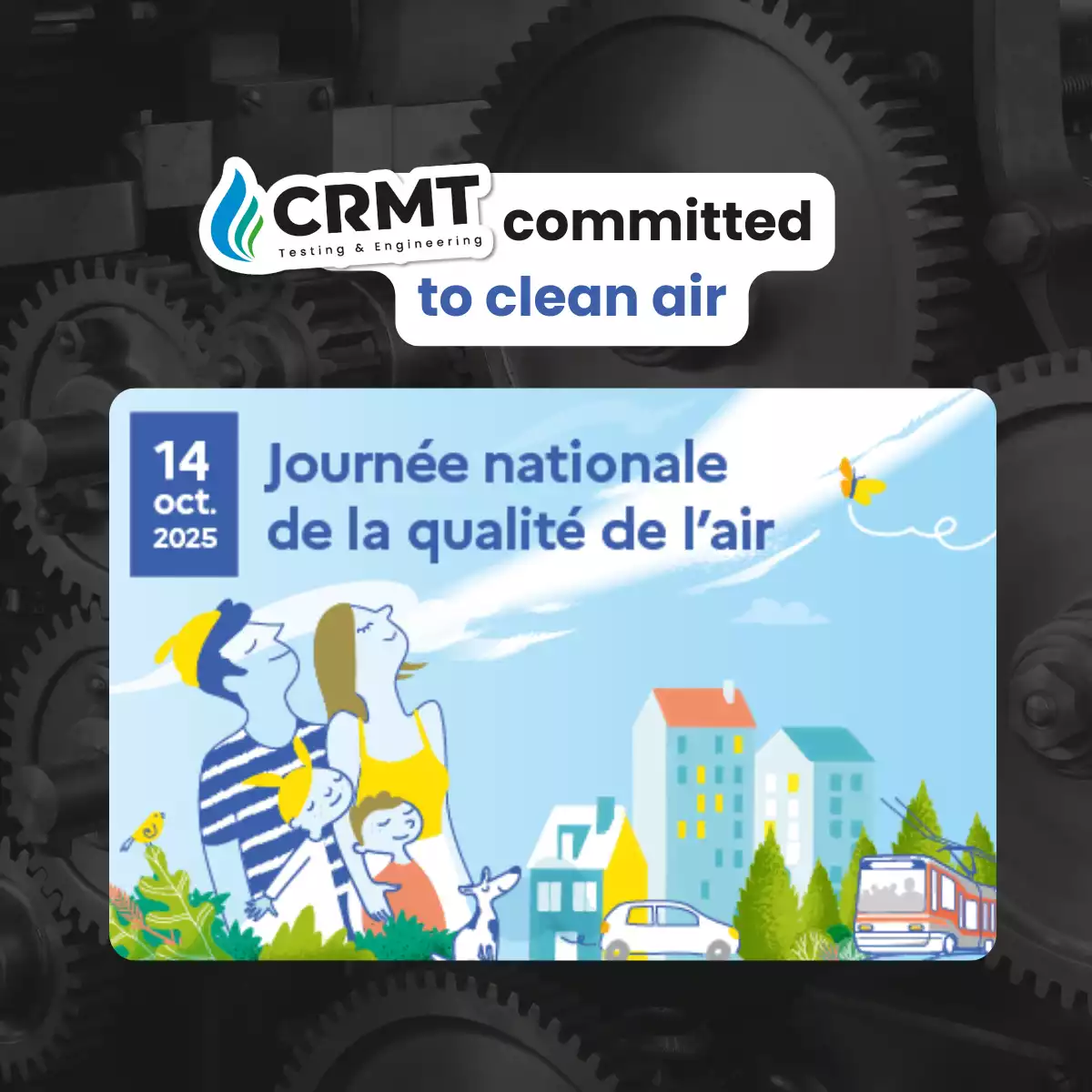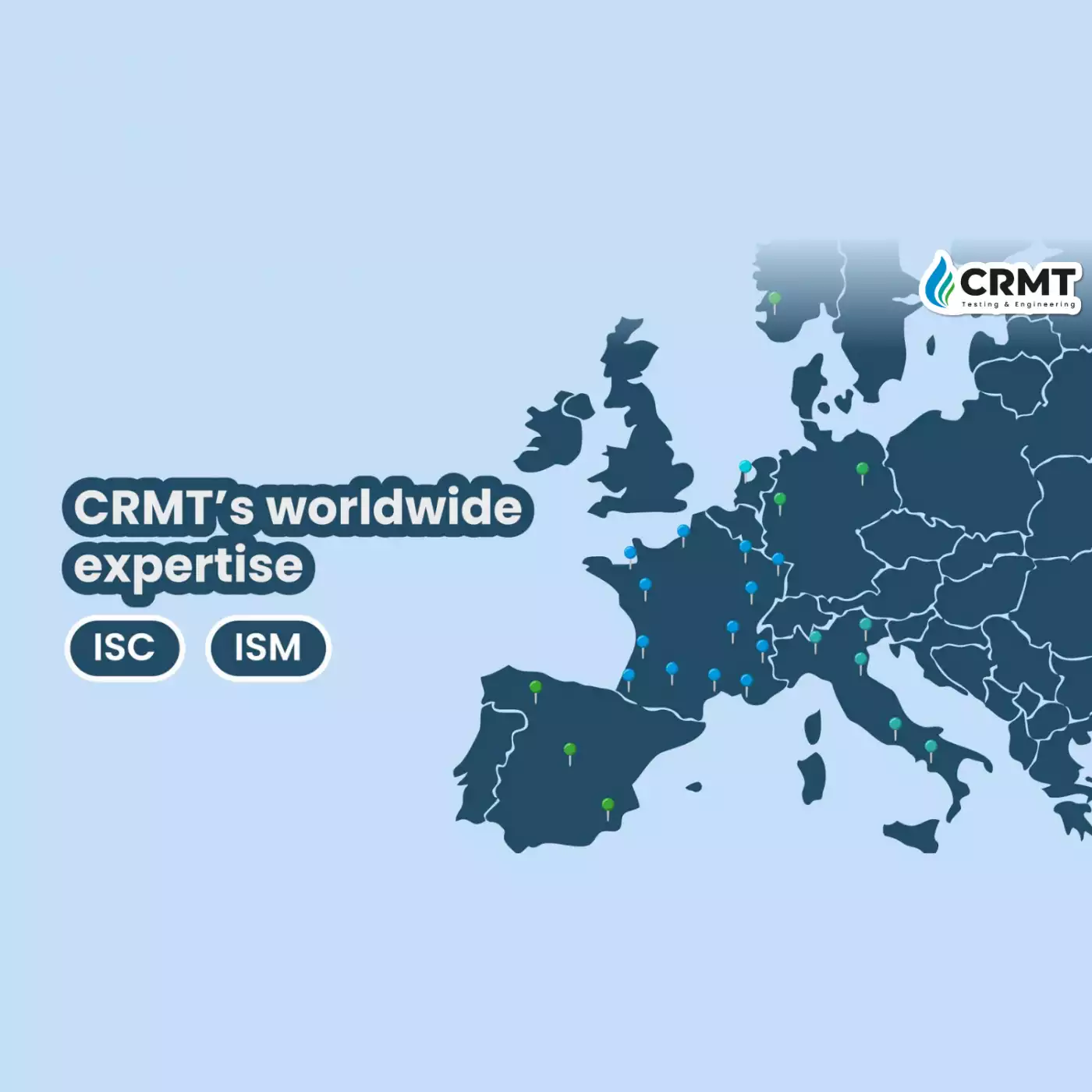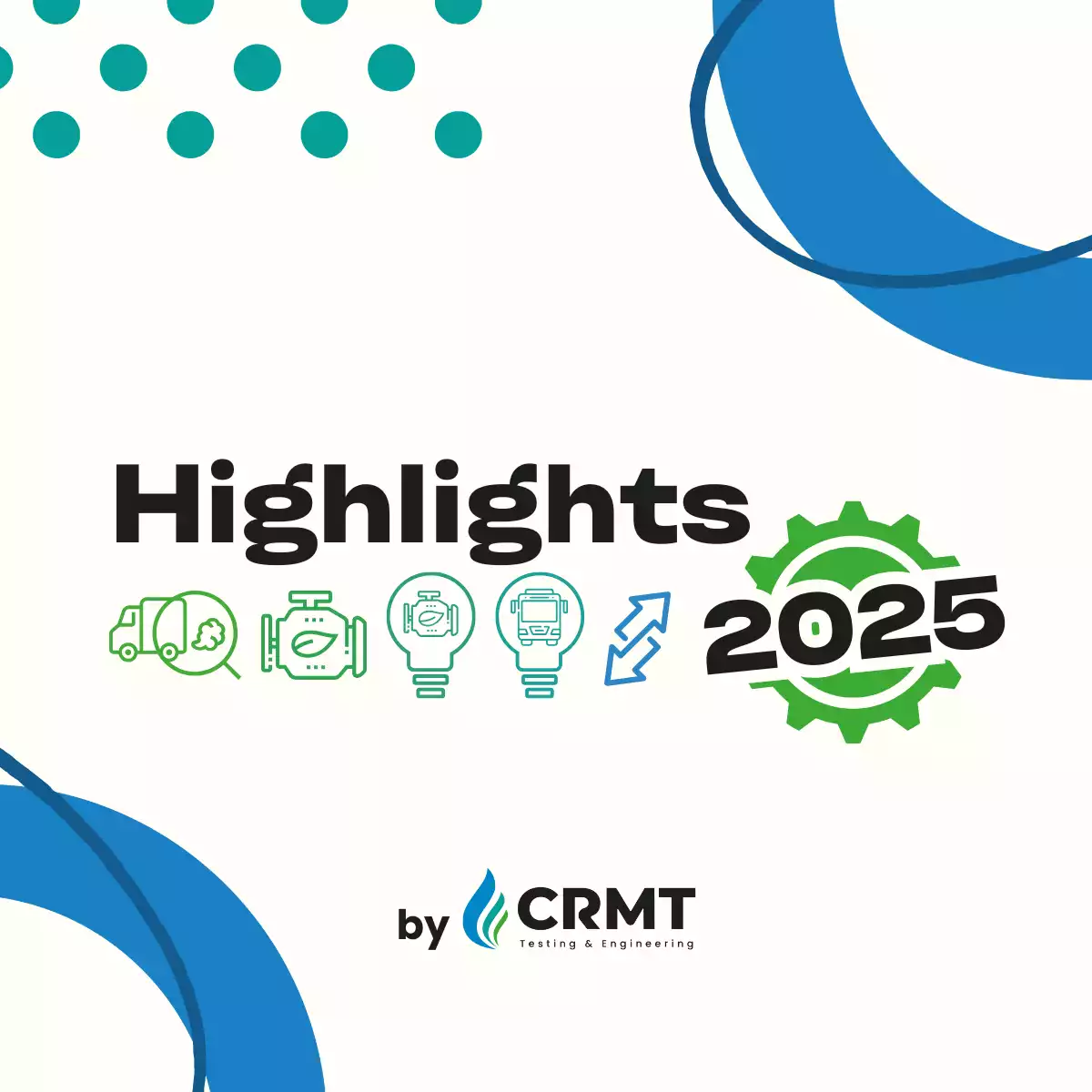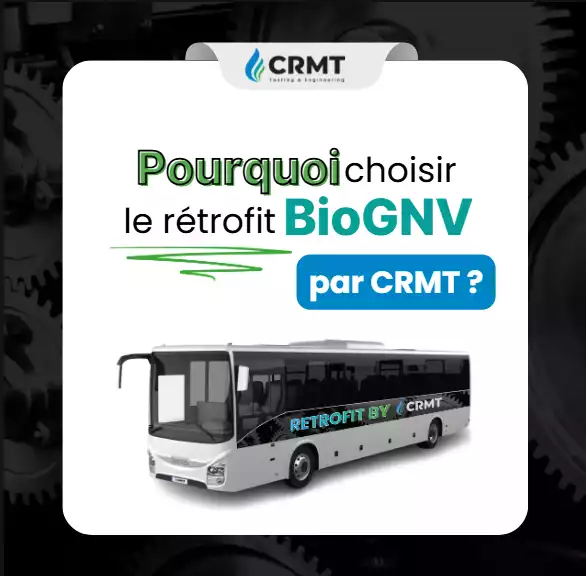
With our expertise in pollutant emission measurement and in the engineering of engines and vehicles using alternative fuels, we actively contribute to improving air quality.
France’s national air quality day!
On October 14, 2025, France celebrates the tenth edition of the National Air Quality Day (JNQA). Initiated in 2015 by the Ministry for Ecological Transition, this day aims to raise awareness about the health and environmental issues linked to air pollution and to promote concrete actions that can help improve air quality.
What is air pollution?
Air pollution comes from multiple sources, both natural and human-made.
Natural sources include wildfires, volcanic eruptions, and pollen emissions — all of which release particles and gases that can disperse or accumulate depending on weather conditions.
However, the largest share of atmospheric pollution comes from human activities. Industry, energy production, and agriculture are among the most polluting sectors.
Road transport, across all vehicle categories, is one of the main contributors to fine particle and harmful gas emissions affecting both health and the environment.
These pollutants originate not only from fuel combustion but also from “non-exhaust” emissions related to the wear of brakes, tires, and road surfaces.
How does air quality affect health?
In France, air pollution episodes have significant short- and long-term health effects. In the short term, they can cause eye irritation, asthma attacks, and worsen existing cardiovascular or respiratory conditions.
According to Santé Publique France, approximately 40,000 deaths per year among people over 30 are linked to long-term exposure to fine particles (PM2.5). This represents nearly 7% of the total mortality in the French population.
In short, the quality of the air we breathe is a major ecological and public health issue, as pollutant emissions have a direct impact on both human health and the environment.
Source: sante.gouv.fr
CRMT: A key player in improving air quality
Founded in 1977, CRMT is an engineering company specializing in the development of engine and vehicle engineering solutions, as well as in measuring pollutant emissions from various types of vehicles.
Road transport remains one of the main contributors to fine particle and harmful gas emissions, originating from both fuel combustion and non-exhaust sources such as brake, tire, and road wear.
To address this, CRMT operates in several fields that contribute to improving air quality.
First, CRMT supports manufacturers and engine designers in creating solutions that promote more sustainable mobility through the use of alternative fuels such as Natural Gas (CNG), Hydrogen (H₂), and Ethanol.
These include retrofit conversions to alternative fuels and range extensions for CNG or Hydrogen vehicles. Our teams also provide expertise in developing and fine-tuning alternative fuel engines — all part of a broader energy transition approach.
In addition, our teams carry out pollutant emission measurements on various types of vehicles.
For regulatory testing, many engine manufacturers rely on our expertise to ensure compliance with European standards such as ISC (for heavy-duty vehicles), RDE (for light vehicles), and ISM (for non-road mobile machinery).
CRMT also conducts R&D measurement campaigns as part of various projects commissioned by institutions, public bodies, and private organizations. These studies generate reliable data that support research on air quality. Projects range from evaluating alternative fuels to designing devices dedicated to capturing exhaust and non-exhaust particles — all aimed at expanding knowledge on pollutant emissions.
Some of our major projects include:
-
CORTEA Project (COnnaissances, Réduction à la source et Traitement des Émissions de l’Air), funded by ADEME: CRMT measured both regulated and unregulated pollutants to help define new certification criteria for light vehicles powered by Diesel, Gasoline, and CNG.
-
CAEFE Project, supported by ADEME, Université Gustave Eiffel, and Telma: CRMT characterized and compared brake and exhaust emissions from coaches under real operating conditions.
-
EASVOLEE Project, a European initiative: aims to measure and quantify exhaust emissions from fifteen vehicles of various types and fuels representative of the European fleet. CRMT collaborates with European partners to provide data supporting future EU climate legislation.
-
HORECHAP Project, funded by ADEME and led by Université Gustave Eiffel: focuses on quantifying non-exhaust emissions (brake and tire particles) from both a conventional and an electric vehicle.
These are just a few of the many projects CRMT has led — all driven by the same commitment: to design, test, and measure to help reduce pollutant emissions.
In the face of major challenges posed by air pollution and its health impacts, CRMT and its multidisciplinary teams partner with various organizations to carry out numerous projects aimed at improving air quality.
Contacts
Yassine AZIZI
[email protected] – ☎️ 04 78 66 63 94
Or contact us via our contact page!
More news

06 Feb 2026 - CRMT: Experts in measuring pollutant emissions from vehicles.
Discover CRMT's expertise in regulatory measurements using ISM and ISC cycles. We support manufacturers and engine builders in conducting their tests under real operating conditions, ensuring compliance with European regulations.

07 Jan 2026 - BioNGV retrofit, H2 engine testing, pollutant emissions measurement: 2025, a milestone year for CRMT
In 2025, CRMT reached major milestones in the energy transition of transport, with the type approval of the first BioNGV retrofit kit for Euro VI coaches, the development of hydrogen engine testing, and the deployment of pollutant emissions measurement campaigns across France and Europe. These advances confirm CRMT’s role as a key player in innovation and transport decarbonization.

01 Aug 2025 - Why choose BioCNG retrofit to green your coach fleet?
What if you could decarbonize your coach fleet without buying new vehicles?
Discover how BioCNG retrofit cuts emissions while keeping operating costs under control.

12 Apr 2025 - Inauguration of a world first in Sarthe: the first Euro VI Diesel coach converted to BioGNV by CRMT.
The first Euro VI Diesel school coach retrofitted to BioGNV was inaugurated on April 11 in Sillé-le-Guillaume—an innovation led by CRMT, Transdev, the Pays de la Loire Region, and GRDF. This concrete, sustainable, and scalable solution represents a major step forward in the decarbonization of school transport.